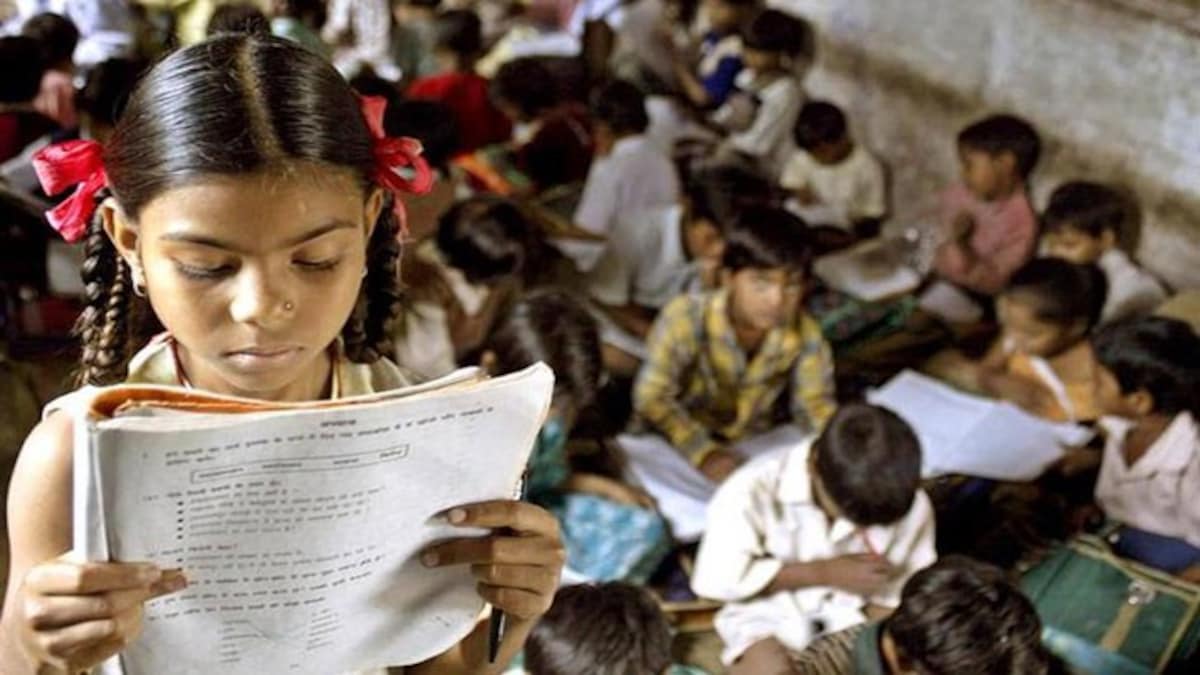The judgment that was handed down in the matter of Jurnail Singh, which was written by Justice Rohinton Nariman, represents a significant turning point in the development of the idea of reservation. The right to make a reservation is not mentioned in the Constitution of the United States.
On the other hand, the Act recognised that the state is responsible to promote educational and economic possibilities for those members of society who are less fortunate. This obligation applies to those members of society who are members of minority groups. This requirement received special attention throughout the process.

On September 26, 2018, the Supreme Court heard arguments about the reservation in up-gradation issue, and on the same day, the court issued its judgment regarding the matter. The decision in the case of Nagaraj, which was handed down in 2006 and dealt with reservations in promotions for members of the SC and ST groups, was that the larger seven-judge panel of the Supreme Court did not need to review the decision.
This was the opinion held by a majority of the five judges who sat on the panel that heard the case. The seventh month of 2014 is important for a second reason: on July 7, 2014, Justice Rohinton Fali Nariman was appointed to the Supreme Court of India. This event took place during the seventh month of 2014.

This occurrence took place on the seventh day of each and every month. The court came to the conclusion that equality principles do not need to take creamy layers into account, thus it made that decision. It was determined that failing to execute the notion of omitting creamy layers would violate rights to equality in two separate ways, and this led to the conclusion that this should be avoided at all costs.
In the first place, it was determined that doing so would end up producing a distinct treatment of equals, namely the general classes and the forward among Backward Classes (ST/ST). This was the conclusion that was reached. Second, it was determined that doing so handles unequal in the same way, namely backward classes and the forward among backward classes. This was the conclusion that was reached as a result of the investigation.

